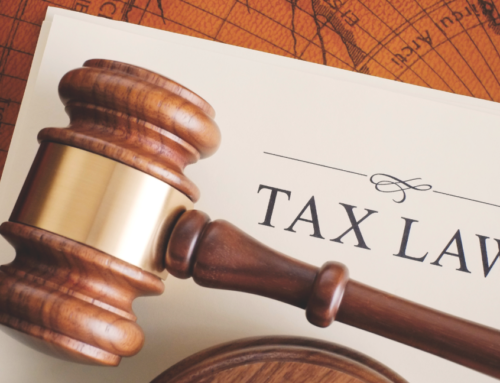Nowadays, cryptocurrency has become a popular payment method. Also, this has become a frequently asked question at our law firm, especially when foreign investors want to buy real estate in Phuket. This article gives you the answer to the question of cryptographic regulations in Phuket.
Definition
Cryptocurrency is a digital or virtual currency that uses cryptography for security and operates independently of a central bank. It uses decentralised technology called blockchain, which is a public ledger of all cryptocurrency transactions. Cryptocurrency allows for secure and transparent transactions without the need for intermediaries like banks or financial institutions.
Unlike traditional currencies, cryptocurrency is not backed by any government or physical commodity like gold. Its value is determined by the market forces of supply and demand. Cryptocurrency can be used for online transactions, investments, and as a store of value. Examples of popular cryptocurrencies include Bitcoin, Ethereum, and Dogecoin.
Globally, cryptocurrencies carry the groundbreaking potential to allow consumers access to a global payment system anywhere and anytime, in which participation is restricted only by access to technology rather than by factors such as having a credit history or a bank account.
In Thailand, cryptocurrency is regulated by the government’s Securities and Exchange Commission (SEC). In 2018, the Thai government issued regulations governing cryptocurrencies, including licencing requirements for crypto exchanges and strict know-your-customer (KYC) and anti-money laundering (AML) regulations.
Since then, several cryptocurrency exchanges have been licensed by the SEC and are operating in Thailand, providing services to Thai residents. The government is also exploring the potential use of blockchain technology in various industries, such as finance, logistics, and healthcare.
On June 11, 2021, Thailand’s Security and Exchange Commission (SEC) set a regulation in place to restrict the trade and exchange of digital assets in Thailand. The regulation restricts digital asset exchanges from accepting any of the following digital tokens or cryptocurrencies: meme tokens, fan tokens, non-fungible tokens (NFTs), and digital tokens.
The use of cryptocurrency in Thailand is growing, with an increasing number of individuals and businesses accepting cryptocurrency as a form of payment. However, like any other country, the use of cryptocurrency is still a relatively new phenomenon, and the government is closely monitoring its impact on the economy and society.
Cryptocurrency in Thai law
As of April 1, 2022, Thailand’s Security and Exchange Commission (SEC) put in place a new law barring cryptocurrencies as a payment method.
An article from the Thai TV website (pptvhd36.com) discusses the new digital asset control regulations that prohibit the use of digital assets for payments of goods and services in Thailand. The new regulation states that digital assets cannot be used as a form of payment or as part of any other financial transaction. The article emphasises that the government is taking these measures to prevent fraud, money laundering, and other illegal activities that could occur with digital assets. The article also explains that this new regulation aims to promote the safety and security of the digital asset market in Thailand.
Cryptocurrency has several strengths; for example,
- Security: Cryptocurrency transactions are secured through cryptography, which makes it difficult for hackers to steal or manipulate the currency.
- Anonymity: Cryptocurrency transactions can be anonymous, which means that users can protect their privacy.
- Accessibility: Cryptocurrency is accessible to anyone with an internet connection, regardless of location, making it a global currency.
- Fast and efficient transactions: Cryptocurrency transactions can be processed quickly and efficiently without intermediaries like banks or payment processors.
However, there are limitations to consider:
- Volatility: Cryptocurrencies are highly volatile, with prices fluctuating rapidly and unpredictably. This makes them risky for investors and can make them less useful as a currency.
- Limited acceptance: Despite growing acceptance, businesses and merchants still do not accept cryptocurrency as a form of payment.
- Lack of regulation: Cryptocurrency is not regulated by governments or financial institutions, which can make it more susceptible to fraud and illegal activities.
- Technical complexity: Cryptocurrency requires technical expertise to use and store securely, which can be a barrier for some users.
- Environmental concerns: The mining process required to create new cryptocurrency can be energy-intensive and contribute to carbon emissions.
Overall, cryptocurrency has the potential to revolutionise how we transact and store value, but it also comes with risks and challenges that must be addressed.
Conclusion
In conclusion, crypto is not illegal in Thailand, but one of the principal uses is to pay by phone, which is forbidden, and the legal consequence can be huge, as the payment is void and we touch the void contract, so it is considered that neither party can enforce the agreement nor do they have any obligations or rights under the contract.
_________________________________
Project: Law Summer Camp for Youth (Demo-Project).
Article: Viktor Viktorsson
Approved: Frederic Retif (French lawyer, LLM), and Akenarin Thongplod (Thai barrister at law).




